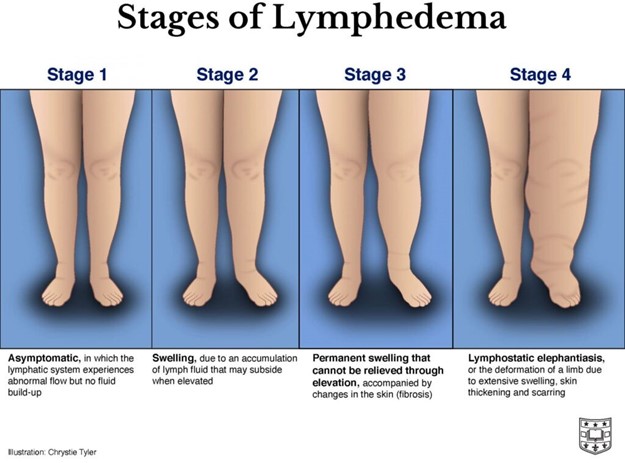A nurse is teaching a client who has AIDS and wishes to continue self-care at home despite living alone.
Which of the following actions by the nurse demonstrates client advocacy?
Tell the client to avoid places where there are large crowds of people.
Instruct the client to avoid eating raw vegetables.
Remind the client of the importance of medication adherence.
Initiate a referral for the client to a home health agency.
The Correct Answer is D
Initiate a referral for the client to a home health agency.
This action demonstrates client advocacy because it empowers the client to continue self-care at home while also providing them with additional support and resources through the home health agency.
Choice A is wrong because avoiding large crowds of people is a precautionary measure but does not demonstrate client advocacy.
Choice B is wrong because avoiding raw vegetables is a dietary recommendation but does not demonstrate client advocacy.
Choice C is wrong because reminding the client of the importance of medication adherence is important but does not demonstrate client advocacy.
Nursing Test Bank
Naxlex Comprehensive Predictor Exams
Related Questions
Correct Answer is A
Explanation
Acupuncture is commonly used to treat a wide range of illnesses and ailments including pain management, control of nausea and vomiting, fatigue, hot flashes, xerostomia, neuropathy, anxiety, depression, and sleep disturbance in cancer patients.
However, I could not find any information that suggests mouth sores (B), headaches, or urticaria (D) are contraindications for acupuncture.
Lymphedema is a contraindication for acupuncture because it can increase the risk of infection in the affected area.
It is important for the nurse to identify this as a contraindication to receiving acupuncture therapy.

Correct Answer is C
Explanation
Instruct the client to avoid eating raw fruit.
A low white blood cell count can be caused by cancer or cancer treatment and can increase the risk of infection.
One precaution that can be taken is to avoid all pre-cut fresh fruits and vegetables in delis, restaurants, and grocery stores.
Choice A Applying pressure to venipuncture sites for 10 min is not necessary for a low WBC count.
Choice B Moving the client to a negative pressure room is not necessary for a low WBC count.
Choice D Contact isolation while providing care is not necessary for a low WBC count.
Whether you are a student looking to ace your exams or a practicing nurse seeking to enhance your expertise , our nursing education contents will empower you with the confidence and competence to make a difference in the lives of patients and become a respected leader in the healthcare field.
Visit Naxlex, invest in your future and unlock endless possibilities with our unparalleled nursing education contents today
Report Wrong Answer on the Current Question
Do you disagree with the answer? If yes, what is your expected answer? Explain.
Kindly be descriptive with the issue you are facing.
